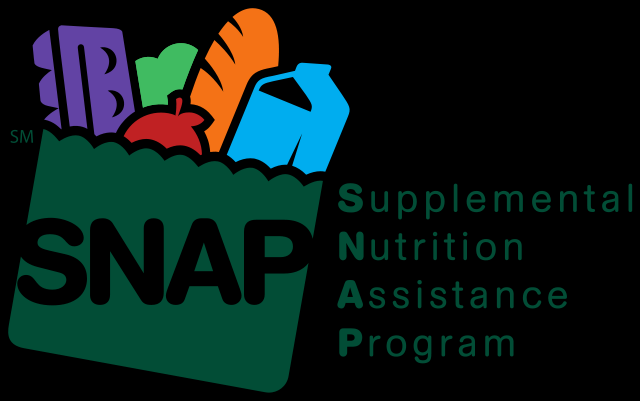The U.S. Department of Agriculture has issued a warning with potentially devastating consequences for millions of Americans, announcing that no Supplemental Nutrition Assistance Program (SNAP) benefits will be issued on November 1 due to the ongoing federal funding crisis.
On its official website, the agency stated bluntly: "The well has run dry. At this time, there will be no benefits issued on November 1." The announcement marks the first time in the program's history that such a cutoff has been publicly confirmed in advance, affecting an estimated 42 million Americans - roughly one in eight - who depend on the program to buy food.
The USDA said the freeze stems directly from the government shutdown, now stretching into its third week, which has exhausted appropriations for the nation's largest anti-hunger initiative. As grocery prices remain elevated and the holiday season approaches, the loss of assistance threatens to deepen food insecurity nationwide.
The administration placed blame squarely on the political standoff in Congress. "We are approaching an inflection point for Senate Democrats," the agency's message read. "They can continue to hold out for healthcare for illegal aliens and gender mutilation procedures or reopen the government so mothers, babies, and the most vulnerable among us can receive critical nutrition assistance."
Republicans argue that the impasse lies with the opposing party, saying that negotiations on budget reforms and policy riders can only proceed once Democrats agree to end the shutdown. Democrats counter that they have been sidelined from substantive talks and accuse the administration of weaponizing essential services to force concessions on unrelated policy issues, including health-care subsidies under the Affordable Care Act.
According to AP News, Democrats have insisted that the administration's approach has left families hostage to political theater, warning that tens of millions of Americans face hunger while both sides trade accusations.
The USDA's declaration has triggered alarm across state governments, many of which rely on federal transfers to administer SNAP benefits. Some governors have vowed to explore temporary stopgaps, but the department emphasized that states "cannot unilaterally continue SNAP assistance without federal reimbursement." Contingency funds, it noted, are legally restricted to natural disasters and emergencies, not routine benefit payments.
Officials in several states have discussed emergency appropriations to bridge a short-term gap, but analysts say those resources could cover, at most, one month of benefits. A prolonged shutdown would overwhelm local budgets, leaving governors with few options beyond cutting other programs or waiting for Congress to act.




